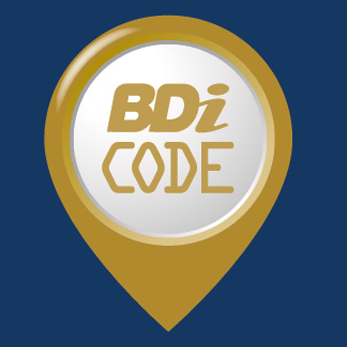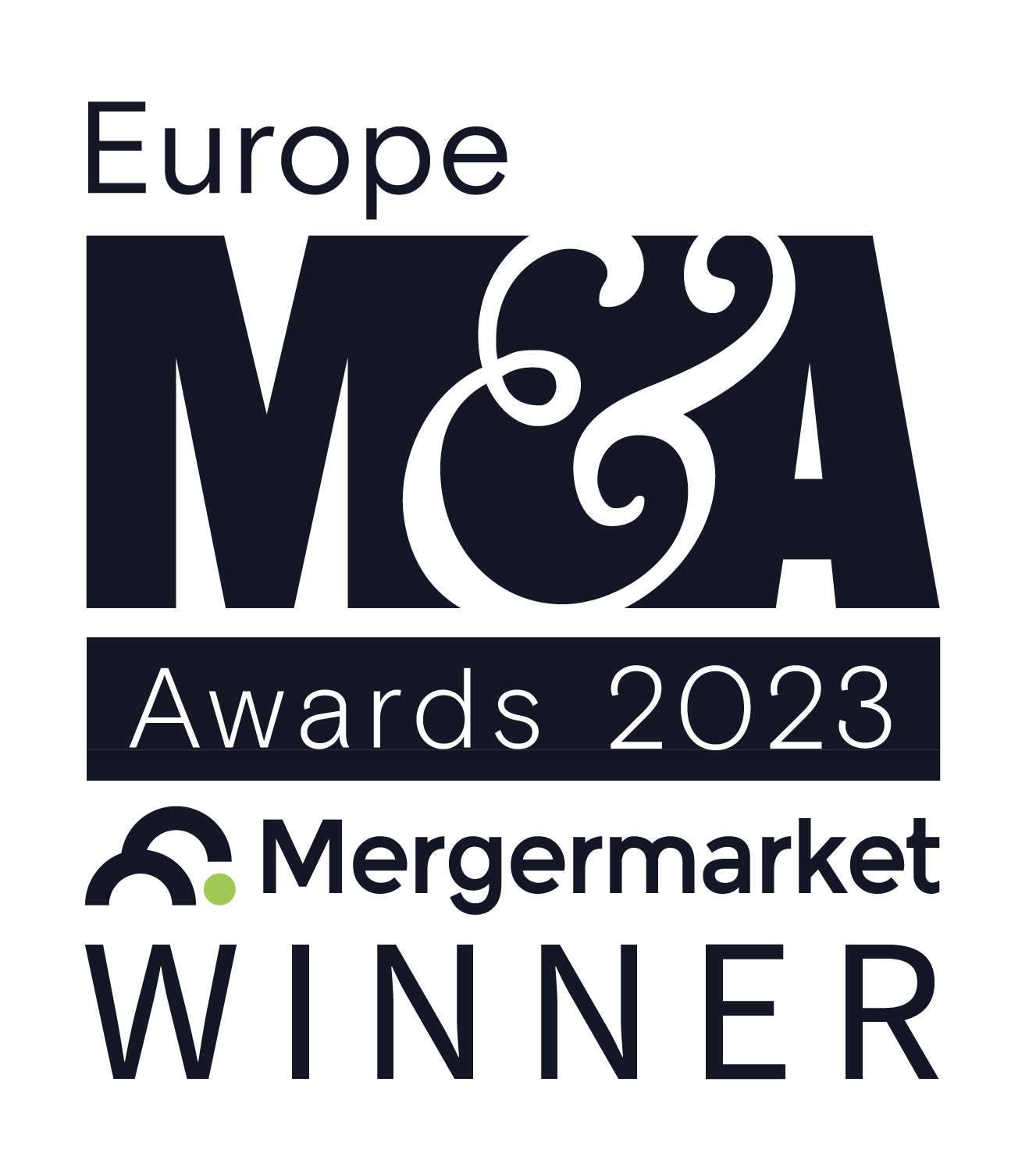ISA Published for Public Comments the Draft Rules Regarding Notification to the ISA by Exempt Entities
15 January 2025
We would like to bring to your attention that on January 2, 2025, the Israeli Securities Authority (the “ISA“) published for public comments the Draft Rules for the Regulation of Payment Services and Payment Initiation Law (Notification to the Israeli Securities Authority by Exempt Entities) (the “Draft Rules“).
Section 3(a)(6) of the Regulation of Payment Services and Payment Initiation Law, 2023 (the “Law”) authorizes the Minister of Finance to enact regulations for various services that are exempt from licensing under the Law due to their nature, limited scope, limited amounts, or small number of customers or transactions. Accordingly, the Regulation of Payment Services and Payment Initiation (Exemption from Licensing Obligation), 2024 (the “Exemption Regulations“) were enacted. Section 3(b) of the Law states that entities eligible for exemption from a payment services license must notify the ISA of the provision of such services, in accordance with rules established by the ISA.
The Draft Rules address the details of the notification required from an exempt payment service provider to the ISA, as well as the method of submission (the “Notification“).
Highlights of the Draft Rules:
1. A payment service provider who is exempt from licensing under Regulations 2 to 4C[1] of the Exemption Regulations (the “Exempt Payment Service Provider“) is required to submit a notification to the ISA via a designated form on the ISA’s website, signed by authorized signatories of the corporation, specifying their names and positions. The notification must include the following:
a. Details about the Exempt Payment Service Provider, including company name and number, trade name, contact information (including an address for service of court documents), and details of a senior officer to serve as a contact person with the ISA.
b. Information about the payment services, including:
-
- The type of payment services offered.
- The relevant regulation in the Exemption Regulations under which the Provider is exempt, along with an affidavit confirming compliance with the relevant regulation.
- Whether the Provider holds licenses for other activities under Israeli or foreign law.
2. If any of the underlying exemption conditions ceases to apply, or if there are changes in the information provided in the Notification regarding the payment services offered or compliance with exemption requirements, the Provider must report to the ISA within seven days of the change.
3. If changes occur in the Exempt Payment Service Provider’s details or regarding other licenses held under Israeli or foreign law, the Provider must report to the ISA within one month after the end of the fiscal year in which the change occurred.
4. Commencement and Transitional Provisions:
a. The Rules shall take effect seven days from their publication in the Official Gazette.
b. An Exempt Payment Service Provider already engaged in providing such services as of the effective date of the Rules must submit a notification to the ISA within 30 days from the effective date.
Comments on the Draft Rules may be submitted until February 2, 2025.
To view the Draft Rules (in Hebrew) >> Click here
Our firm has extensive expertise and many years of experience in the financial services sector in all its aspects. We monitor and follow all regulatory developments in this field, assist, and advise leading financial entities in Israel and worldwide.
We would be happy to assist you with any issues in these areas, including in connection with the above publications and providing comments on the Draft Rules, as well as any questions or clarifications.
————————————————————————————————————————————————————————————————
[1] (1) Provider of Payment Services on a Limited Scale and with a Restricted Amount (Regulation 2 of the Exemption Regulations): A provider of payment services engaged in issuing payment instruments or clearing payment transactions, whose average monthly amount received or transferred for providing payment services to its customers does not exceed NIS 5 million; a provider of payment services managing a payment account, where the total daily customer funds balance in the payment accounts it manages does not exceed NIS 5 million, and the maximum amount that can be accumulated in the payment account does not exceed NIS 1,500, or NIS 3,000 if the payment account is intended for use by a specific payer.
(2) Payment Services Provided within a Group of Companies (Regulation 3 of the Exemption Regulations): A provider of payment services enabling a payer to purchase products from the controlling shareholder of the payment service provider, from entities controlled by the payment service provider, or from entities controlled by the controlling shareholder, provided that the maximum amount that can be accumulated in the payment account does not exceed NIS 1,500, or NIS 3,000 if the payment account is intended for use by a specific payer.
(3) Payment Services Provided through a Government Entity or Nonprofit Corporation (Regulation 4 of the Exemption Regulations): A manager of a payment account and issuer of a payment instrument linked to that payment account, whether or not it clears the payment transactions made using that payment instrument, subject to the cumulative conditions in the regulation, including that the payment instrument is delivered to the payer as part of economic assistance provided to them; the payer cannot independently load funds onto the payment instrument; the maximum amount that can be accumulated in the payment account is NIS 1,500; the charge is immediate against the accumulated balance (no deferred payments are allowed); and the payment instrument allows the payer to only purchase products and is subject to one of the restrictions specified in the regulation.
(4) Issuer of Payment Instruments Exempt from the Provisions of the Payment Services Law (Regulation 4C of the Exemption Regulations): An entity engaged in issuing payment instruments that meet the conditions stipulated in the Payment Services Regulations (Exemption from the Provisions of the Law), 2022 (in their version on the eve of the publication of the Exemption Regulations), by providing payment services of managing a payment account and issuing a payment instrument linked to that payment account, whether or not it clears the payment transactions made using that payment instrument.











